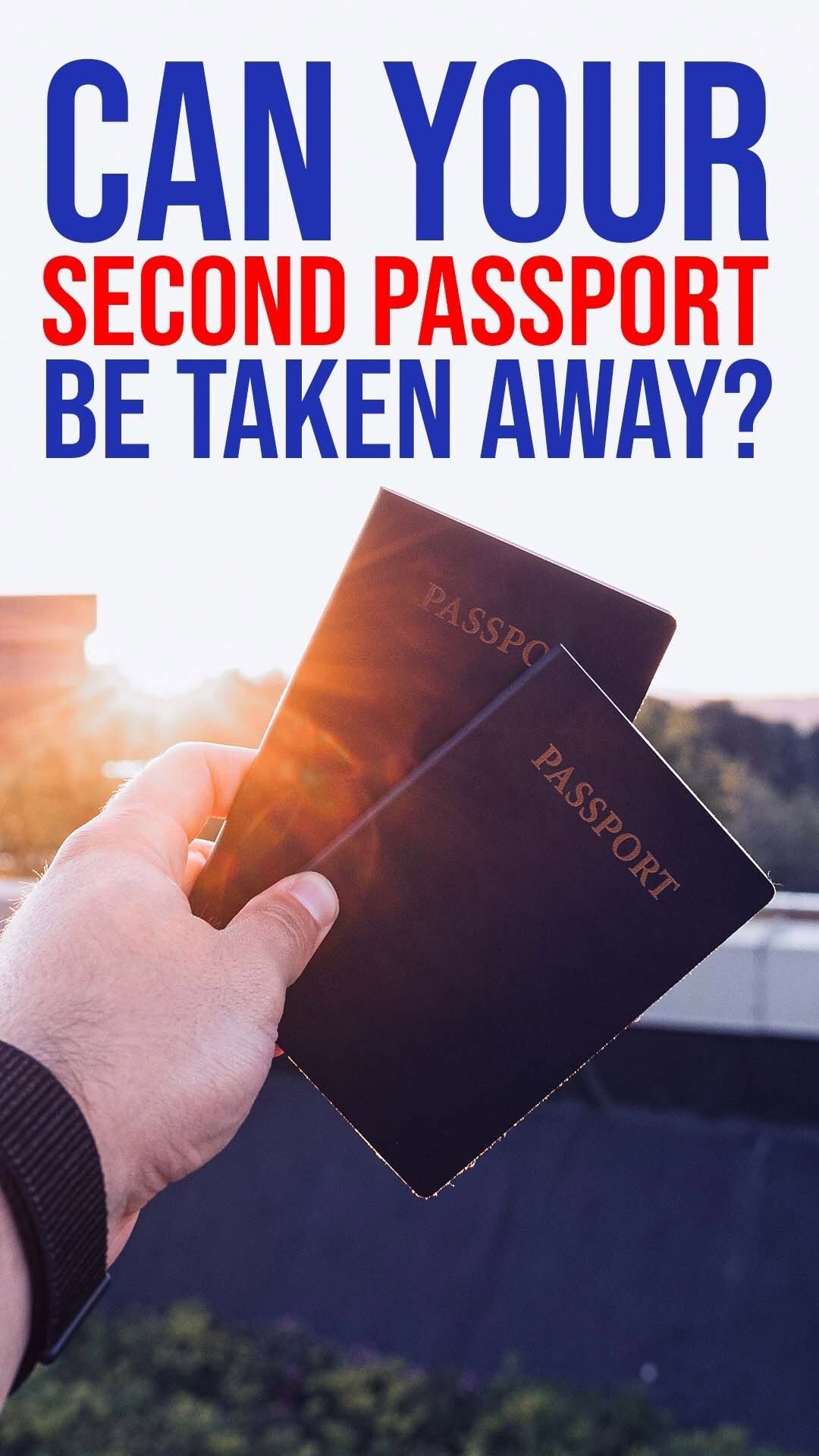

Since 2010, the Global Law Experts annual awards have been celebrating excellence, innovation and performance across the legal communities from around the world.
posted 1 year ago
It is required that all food, drinks, drugs, chemicals, cosmetic products and medical devices, whether imported or locally manufactured, are registered with The National Agency for Food and Drugs Administration and Control (NAFDAC) before being marketed, sold or distributed in Nigeria. This article highlights the requirements, processes and practical considerations to consider when registering imported products with NAFDAC in Nigeria.
The requirements for the registration of imported products with NAFDAC will usually include the following:
A. Power of Attorney or Contract Manufacturing Agreement: A power of Attorney is required to authorize a local agent to act on behalf of the foreign manufacturer of the products. The Power of Attorney must be signed by either the Managing Director, General Manager, Chairman or President of the manufacturing company, and it should also state the names of the products to be registered. If the foreign manufacturer does not wish to use a local agent, it may set up its own local company in Nigeria in order to register its products in its name, in which case, a Contract Manufacturing Agreement is required.
B. Certificate of Manufacture and Free Sale: This is a document that provides evidence that the manufacturer is licensed to manufacture the products in its country of origin and the sale of the products does not contravene the laws of the manufacturer’s own country. It is issued by the relevant health or regulatory authority in the country of manufacture.
C. Comprehensive Certificate of Analysis: The Certificate of Analysis is issued by a quality control laboratory that has evaluated the products to be registered. It must state the brand name and batch number of the products and must also be signed by the laboratory analyst who evaluated the products in the country of manufacture.
D. Certificate of Incorporation: An applicant is expected to submit evidence of company incorporation with the Nigerian Corporate Affairs Commission (CAC). There are two approaches that may be adopted here. The first approach is that a local agent may be engaged, and as such, the local agent submits its company information and documents to NAFDAC for the product registration. The second approach is that the applicant may incorporate its own local company in Nigeria for the purpose of registering its imported products with NAFDAC.
E. Evidence of Trademark Registration: Trademark registration certificate or acceptance letter issued by the trademark office showing that an application has been made to register the trademark in Nigeria in the name of the manufacturer.
F. Letter of Invitation for Good Manufacturing Practice: The manufacturer is required to write a letter of invitation addressed to NAFDAC, inviting its officials to visit and inspect the factory of the manufacturer abroad.
G. Labels/artworks: A print-out of the label and artwork for the product to be registered is required. There must be a provision for NAFDAC registration number on the label, and there must also be provisions for batch number, date of manufacture and expiry date, together with other usage and storage instructions.
The imported product registration processes usually involve the application, import permit, laboratory analysis, factory inspection and approval stages.
NAFDAC Application form for the product registration is to be obtained and completed with the required information relating to the applicant and the product to be registered. Upon completing the application form, an application letter for the registration of the imported product on the applicant’s letterhead is addressed to NAFDAC. The application letter is to be submitted with the required documents outlined above, together with the completed NAFDAC application form.
When an application has been successfully submitted and all supporting documents reviewed, an import permit is issued by NAFDAC for the importation of the samples of the product. The imported of the sample is to enable NAFDAC conduct laboratory analysis on the products as outlined below. The import permit is usually valid for a period of 12 months. NAFDAC would usually specify how many samples they require.
The imported samples are submitted to NAFDAC laboratory for evaluation. The submission of the samples is accompanied with payment receipt of the official application and processing fee, certificate of analysis and a copy of the import permit. The laboratory analysis may not be successful if the outcome of NAFDAC analysis shows that there are any discrepancies in the information contained in the certificate of analysis. Where this happens, NAFDAC may issue a query for compliance directive. The compliance may involve importing new samples of the products, together with an updated certificate of analysis of the products and resubmitting it for a fresh laboratory analysis. This will inevitably affect the times lines for approval discussed below.
Further to the letter invitation for Good Manufacturing Practice (GMP) and the payment of the required GMP fees, NAFDAC would usually visit the manufacturing facility in the country of origin to inspect it for Good Manufacturing Practice. In practice, this visit does not always take place, but the fee is still required to be paid.
The application for imported product registration is approved where NAFDAC is satisfied with the documentations provided, the samples provided and the Good Manufacturing Practice of the manufacturer in the country of origin. Upon the approval of the product, notice of registration is issued to the applicant. A unique NAFDAC registration number is also issued to the manufacturer. The registration is valid for five years from the date of registration and has to be renewed thereafter for another period of five years.
Depending on the product to be registered, the timelines for registration of imported products could vary between a period of 90 days or 120 days. The timeline is usually 90 days for food products and 120 days for drugs. In practice, this is not always possible, and registrations have been known to take longer than this due to a combination of factors.
In practice, it is not always possible to obtain registration in the timeline stated above. One of the reasons for this is the issuance of compliance directives by NAFDAC. Once a compliance directive is issued by NAFDAC, the clock stops ticking, and time begins to count afresh from the period of when the compliance is remedied.
It is immaterial whether or not the compliance was completed the same day or a within reasonable period thereafter. Another possible cause of delay is that upon the submission of samples to NAFDAC, you would have to visit NAFDAC offices several times in person in order to obtain the result of the laboratory analysis, as this is not usually communicated by email.
A further factor that may affect the registration is that during the application, the form, together with all supporting documents, is required to be uploaded online as part of the NAFDAC application process. In practice, however, you are also required to submit the hard copies of these documents to NAFDAC offices.
An applicant that decides to register his own local company for the purpose of submitting an application to NAFDAC will have to comply with other law relating to company registration in Nigeria, including the requirement of obtaining tax registration with the Federal Inland Revenue Services (FIRS) and ensuring that the company is profiled on Taxpro-max for the purpose of validating the company’s profile with NAFDAC. In our experience, this usually takes some time to achieve and may further extend the registration time beyond the timeline provided by NAFDAC for product registration.
The company is also required to file its annual returns to the CAC and file its monthly VAT returns, whether or not it is trading. Strike action by NAFDAC officials may sometimes also affect the timelines for the registration of a product with NAFDAC. We have experienced strike action from NAFDAC officials in the past, which led to delayed product registration, especially at the laboratory analysis stage.
In order to mitigate against most of these factors, it is advisable to ensure that from the outset, you have all your documents, samples, etc., ready and thoroughly reviewed before any application is made. It is also very important to promptly respond to any queries raised by NAFDAC so as to minimize the time between compliance and approval.
NAFDAC is the regulatory agency responsible for the registration of imported food, drugs, cosmetic products and medical devices. The application for imported product registration is made to NAFDAC with the supporting documents and the payment of official fees. NAFDAC approves the application for the product registration upon being satisfied with the applicant’s documentations and Good Manufacturing Practice. In practice, however, it is not always possible to register a product within the time frame published by NAFDAC due to a variety of factors, which are mostly internal.
Please note that the contents of this Article are for general guidance on the Subject Matter. It is NOT legal advice. For further information or to see our other service offerings, please visit www.goldsmithsllp.com
Get the latest legal news and updates at Global Law Experts
Author


No results available
posted 1 day ago
posted 1 day ago
posted 2 days ago
posted 2 days ago
posted 2 days ago
posted 2 days ago
posted 2 days ago
posted 2 days ago
No results available
Find the right Legal Expert for your business
Global Law Experts is dedicated to providing exceptional legal services to clients around the world. With a vast network of highly skilled and experienced lawyers, we are committed to delivering innovative and tailored solutions to meet the diverse needs of our clients in various jurisdictions.

When your international business faces financial distress, quick action is key! 🔑 Negotiating with creditors, restructuring debt, and understanding insolvency laws can help regain stability. Global Law Experts is here to guide you through your options.
🌍Explore the details on our website.
🔗Link in bio
#GlobalLawExperts #CommercialLaw #BusinessLaw #LegalAdvice #BusinessGrowth #LegalTips #BusinessStrategy #LegalCompliance #Law #LegalKnowledge #LegalAwareness #Law101 #LegalEducation #IntellectualProperty

Running a business is hard enough — lawsuits shouldn’t make it harder. 🚫 Protect your business with the right legal strategies and expert tools from Global Law Experts. Let’s secure your future together! 💼
🌍Explore the details on our website.
➡️www.globallawexperts.com
#GlobalLawExperts #CommercialLaw #BusinessLaw #LegalAdvice #BusinessGrowth #LegalTips #BusinessStrategy #LegalCompliance #Law #LegalKnowledge #LegalAwareness #Law101 #LegalEducation #IntellectualProperty #Infringed #Ecommerce #LegalBranding

Using NRIC numbers as passwords or identity proof? That era is done. Strengthen your security with multi-factor authentication and biometrics—because your clients' trust depends on it.
#SingaporeLaw #DataPrivacy #CyberSecurity #PDPA #NRIC #MFA #StrongAuthentication #LegalCompliance #ClientTrust

Swiss law protects secured lenders—with precision. From real estate to IP and bank accounts, every asset counts—just as long as it’s defined, documented, and delivered.
#SwissLaw #SecurityInterest #Collateral #InternationalLending #SwissFinance #LegalCompliance #GlobalBusiness #AssetSecurity

Gold trading in Saudi Arabia isn’t just a business—it’s a lab test, a permit, and a legal tightrope. Want to succeed? Start with compliance, hallmarking, and permits—or risk losing it all.
#GoldTrading #SaudiLaw #PreciousMetals #BusinessSetup #LegalCompliance #GlobalBusiness #SaudiArabia #TradeRigour

Second citizenship isn’t permanent—especially if you break the rules. Know the risks and how to safeguard your status: be transparent, stay lawful, and honour all citizenship requirements.
#SecondCitizenship #CitizenshipRisks #DualNationality #Compliance #GlobalMobility #LegalAdvice #ImmigrationLaw

Send welcome message